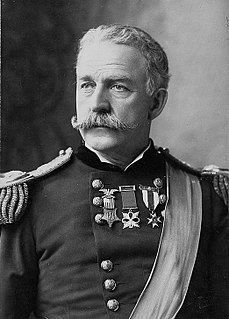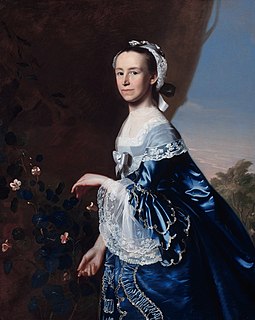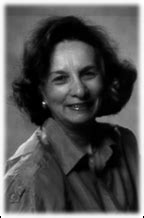A Quote by Martin Luther King, Jr.
Before the Pilgrims landed at Plymouth, we were here. Before the pen of Jefferson etched across the pages of history the majestic words of the Declaration of Independence, we were here.
Related Quotes
Before the Pilgrims landed at Plymouth, we were here. Before the pen of Jefferson etched across the pages of history the majestic words of the Declaration of Independence, we were here. If the inexpressible cruelties of slavery could not stop us, the opposition we now face will surely fail. We will win our freedom because the sacred heritage of our nation and the eternal will of God are embodied in our echoing demands.
When Thomas Jefferson wrote the Declaration of Independence, declaring that all men were created equal, he owned slaves. Women couldn't vote. But, throughout history, our abolitionists, suffragettes, and civil rights leaders called on our nation, in reality, to live up to the nation's professed ideals in that Declaration.
While the Pilgrims landed on 'Plymouth Rock' in 1620, the Spanish had already settled in to the Southwest beginning in the late 1500s, and with the coming of Europeans, some tribes suffered massive declines in populations due to disease and violence. Some Tribes were wiped out by 90 percent, while others were completely decimated.
The thing to remember about the Declaration of Independence and the profession of freedom is that it was written by people who were quite free and who were surrounded by people who were not free. The people who wrote the Declaration of Independence were ventriloquists really. The obsession with freedom makes no sense when it applies to them.







































